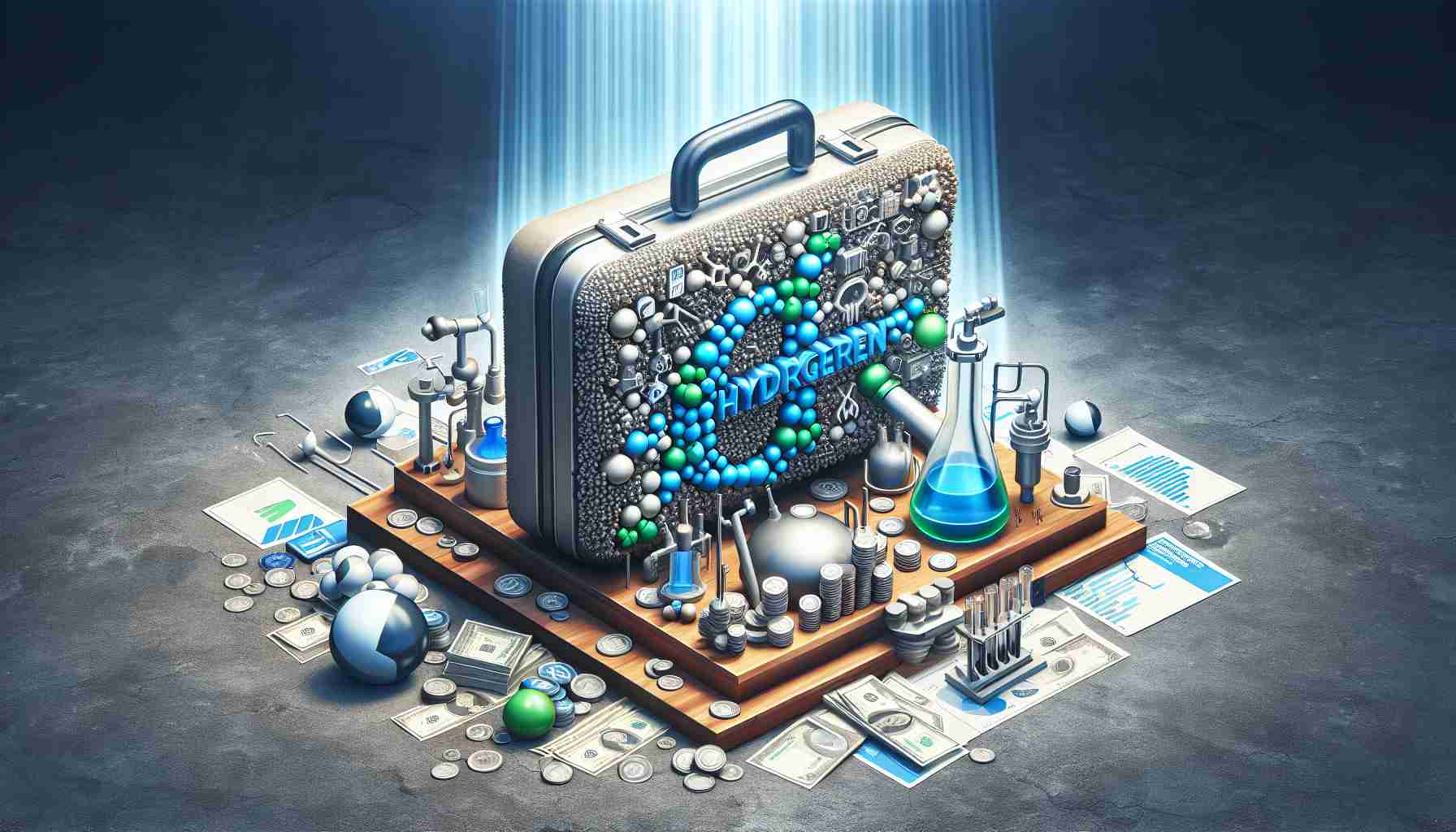In a significant development as SpaceX prepares for a much-anticipated Starship test launch from Boca Chica, Texas, a local nonprofit environmental organization, Save RGV, has initiated legal proceedings against the aerospace company. The lawsuit, filed in federal court, alleges that SpaceX has been discharging untreated industrial wastewater from its water deluge system, a mechanism used to mitigate the force of rocket engine blasts.
This action seeks both declaratory and injunctive relief, demanding an end to what is described as “recurring, unpermitted discharges” that violate the Clean Water Act. Save RGV asserts that the wastewater discharges compromise water quality and impact local aquatic ecosystems, adversely affecting community members’ enjoyment of natural resources.
Prior to the lawsuit, Save RGV attempted to address the issue directly, notifying SpaceX of suspected violations and expressing intent to sue if the improper discharges continued. However, the organization claims that no sufficient action has been taken by regulatory authorities to rectify the situation.
Despite SpaceX’s stance that it has been operating within legal parameters, the Texas Commission on Environmental Quality did impose a monetary fine earlier this year for unauthorized wastewater releases. The regulatory body is also in the process of reviewing a permit application from SpaceX that would legally allow for controlled wastewater discharges.
As the situation unfolds, a public meeting has been scheduled for November 14 to discuss the community’s input concerning SpaceX’s permit application.
Environmental Impact of SpaceX Operations: A Community at a Crossroads
In the rapidly evolving world of aerospace and space exploration, companies like SpaceX are not only revolutionizing travel beyond our planet but also sparking significant environmental concerns on Earth. The recent legal challenge by Save RGV against SpaceX over alleged untreated wastewater discharges highlights the complex intersections of technological advancement, community health, and environmental sustainability.
The Legal Challenge
Save RGV, a nonprofit environmental organization based in Texas, has raised alarm bells by filing a lawsuit against SpaceX. The suit asserts that SpaceX has been in violation of the Clean Water Act due to what they term “recurring, unpermitted discharges” of untreated industrial wastewater. This wastewater is a byproduct of the water deluge system that SpaceX employs to mitigate the impact of rocket launches on the environment. The organization claims that these discharges pose a threat to local water quality and have adverse effects on local aquatic ecosystems, thereby impairing the enjoyment of natural resources by community members.
Impact on Local Communities
The ramifications of this legal dispute extend beyond legal compliance; they touch the daily lives of local residents in Boca Chica, Texas. The community, which has seen a transformation into a hub of aerospace innovation, is now grappling with the consequences of industrial activities close to their homes. Many residents depend on local water sources for drinking, fishing, and recreation, making the preservation of water quality a critical concern for their health and lifestyle. The controversy highlights a growing tension between ambitious technological projects and the immediate needs of communities who bear the brunt of environmental risks associated with these projects.
Broader Environmental Concerns
Beyond the specifics of the SpaceX situation, this case reflects a larger issue regarding industrial activities and environmental protection. The allegations against SpaceX are particularly significant given that the Texas Commission on Environmental Quality had already fined SpaceX earlier this year for unauthorized wastewater discharges. As the regulatory agencies assess and review permit applications, there is an increasing public awareness of the potential long-term effects of such projects on ecosystems and communities.
While some argue that the industrial advancements brought by SpaceX can foster economic growth and job creation, others point to the potential environmental degradation and increased risk of disasters that can accompany such rapid development. The upcoming public meeting scheduled for November 14 will serve as a pivotal moment where community voices can be heard regarding SpaceX’s permit application and operational practices.
Interesting Facts and Controversies
1. SpaceX is known for its ambitious plans for space travel, including missions to Mars, but such goals often raise questions about their environmental impacts on Earth.
2. The lawsuit brought by Save RGV is part of a broader trend where communities are becoming more vocal and involved in environmental issues associated with major corporations.
3. Environmental advocates argue that the increasing industrialization of previously natural areas leads to environmental injustices, particularly for marginalized communities who may have less access to political power and resources.
4. SpaceX’s operations in Texas are closely monitored by various regulatory bodies, but the transparency of those evaluations is sometimes questioned by advocacy groups.
As SpaceX navigates its relationship with the local community and regulatory frameworks, the outcome of this legal challenge will be pivotal. It will not only shape the company’s future operations but also set a precedent for how corporate responsibility towards environmental sustainability is approached in rapidly developing sectors. For more insights into space exploration and environmental issues, visit SpaceX or TERRA for environmental advocacy efforts.






















